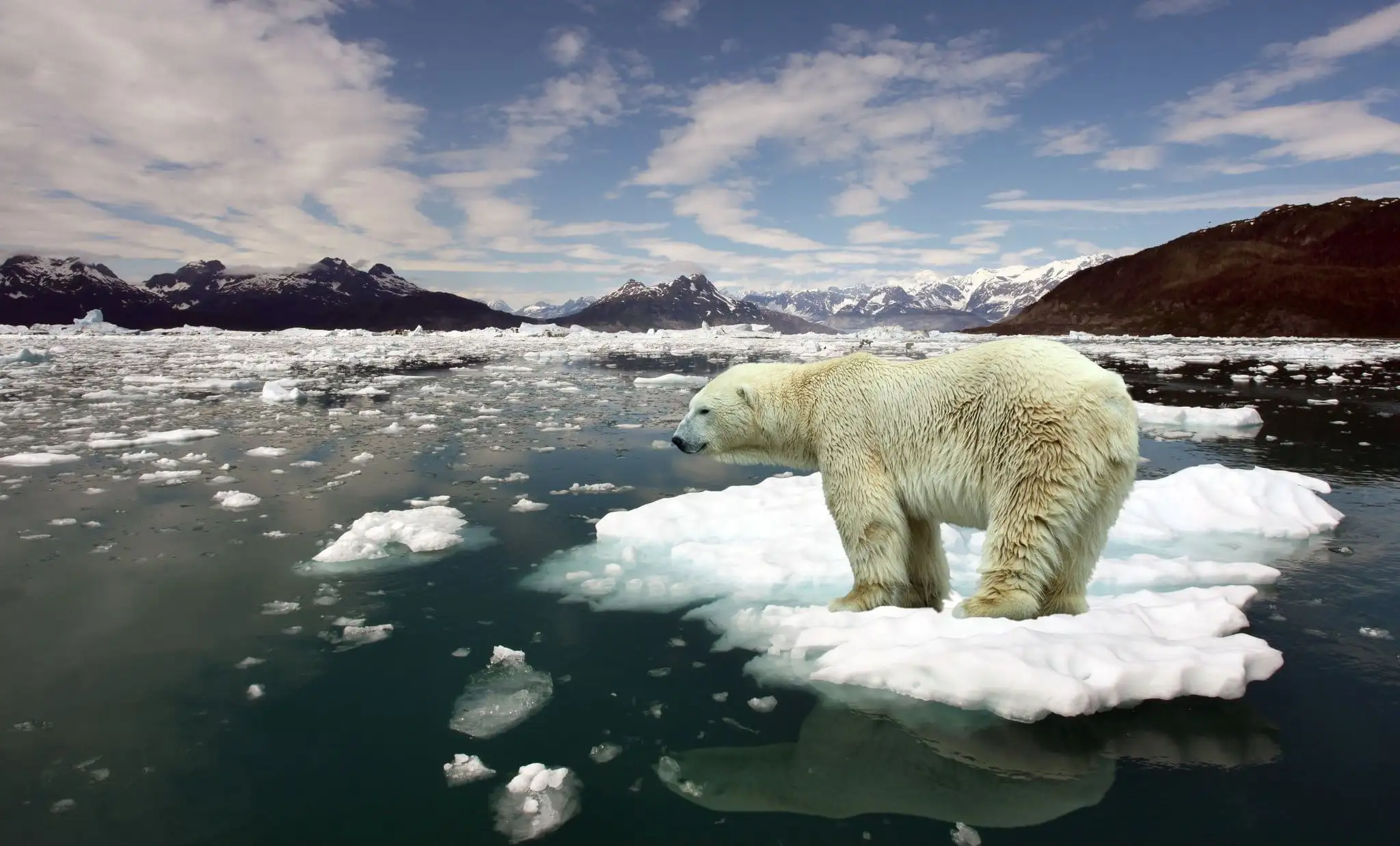The World Meteorological Organization (WMO) recently published a worrying survey, highlighting worrying climate projections for the next five years. These projections indicate a period of exceptionally high temperatures, unprecedented in history, with significant implications in various regions of the globe. The WMO report emphasizes the need to understand and face the challenges posed by climate change.
In the Brazilian context, the Amazon is among the regions that will face direct consequences of these climate projections. The forecast is for a decrease in rainfall, which could have a devastating impact on Brazilian agriculture. This perspective highlights the urgency of adaptation and mitigation measures to minimize negative effects on the agricultural sector and protect food security.
The WMO report also addresses the influence of El Niño and La Niña climate phenomena. In recent years, cooling caused by La Niña has acted as a temporary moderating factor in global warming. However, with the end of La Niña in March 2023, an El Niño is expected to develop in the coming months. This climate change could lead to a further increase in global temperatures as early as 2024, further compounding the impacts of climate change.
Climate projections indicate that the average global temperature between 2023 and 2027 will be between 1.1°C and 1.8°C higher compared to the average of the reference period of 1850-1900. Furthermore, there is an extremely high probability of 98% that at least one of the next five years will exceed the temperature record set in 2016 during an exceptionally intense El Niño event. These data emphasize the continuing trend of global warming and the need for urgent action to mitigate its effects.
One of the most worrying aspects is disproportionate warming in the Arctic. Projections indicate that the temperature anomaly in this region will be more than three times greater than the global average, especially during the next five prolonged winters in the northern hemisphere. This accelerated warming in the Arctic has serious implications, such as melting sea ice and rising sea levels, which threaten unique ecosystems and coastal communities around the world.
In addition to temperatures, climate projections also reveal significant changes in precipitation patterns. Increased rainfall is expected in the Sahel, northern Europe, Alaska and northern Siberia between May and September from 2023 to 2027, compared to the 1991-2020 average. On the other hand, a reduction is expected
tion in rainfall during this season in the Amazon and parts of Australia. These changes in rainfall patterns will have significant consequences for water availability, agriculture, ecosystems and the communities that depend on these resources.
It is important to emphasize that the WMO report makes a clear warning about the temporary exceeding of the 1.5°C limit established in the Paris Agreement. While this threshold is not expected to be permanently exceeded for years to come, the frequency with which we will exceed it will increase. This highlights the need to step up climate action and take more ambitious measures to reduce greenhouse gas emissions and limit global warming.
Faced with this worrying scenario, it is essential that political leaders, policy makers, scientists and society in general engage collaboratively and strategically to address climate challenges. It is necessary to invest in advanced scientific research, develop sustainable technologies and implement effective mitigation and adaptation policies. Furthermore, international cooperation plays a key role in the search for global solutions to the climate crisis.
The urgency to act on the basis of scientific evidence is undeniable. The WMO report provides a rigorous and accurate analysis of climate projections, offering a solid basis for making informed decisions and implementing appropriate measures. It is imperative that the global community unites in a concerted effort to reduce greenhouse gas emissions, adopt sustainable practices and protect vulnerable ecosystems.
By establishing an evidence-based approach and ambitious climate policies, we can mitigate the impacts of climate change and move towards a sustainable future for present and future generations. However, it is important to recognize that the challenge of dealing with climate change goes beyond individual actions. It requires a comprehensive transformation across all sectors of society, from industry to transport, agriculture, energy and government policy. Solutions must be implemented on a global scale, with the involvement and collaboration of all nations.
In this context, scientific research plays a key role. Continuous and advanced studies are needed to better understand climate patterns, change mechanisms and impacts in different regions of the world. Furthermore, research is essential for the development of clean technologies, adaptation and mitigation strategies, as well as for evaluating policies and monitoring progress made.
As part of this effort, it is necessary to invest in scientific infrastructure, facilitate international cooperation and strengthen mechanisms for sharing data and knowledge. The exchange of information between researchers, governments, non-governmental organizations and the private sector is crucial for making informed decisions and implementing effective solutions.
In addition, education plays a key role in raising awareness and engaging society. It is necessary to promote a broad and accurate understanding of climate change, its impacts and the necessary measures to face them. Environmental education must be integrated into school curricula and awareness programs must be developed to reach the general population.
In short, the WMO report underscores the urgency and gravity of climate change facing the planet in the coming years. Based on these projections, it is essential that the global community takes an analytical and forward-looking approach to addressing this complex challenge. Through international collaboration, advanced scientific research, ambitious climate policies and public awareness, we can pursue effective solutions to mitigate the effects of climate change and ensure a sustainable future for our planet.




